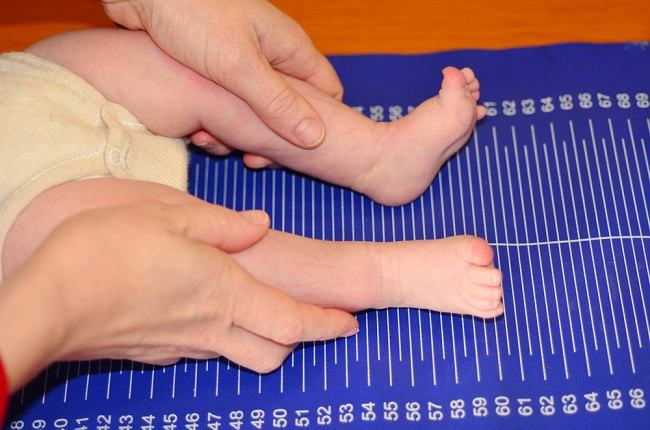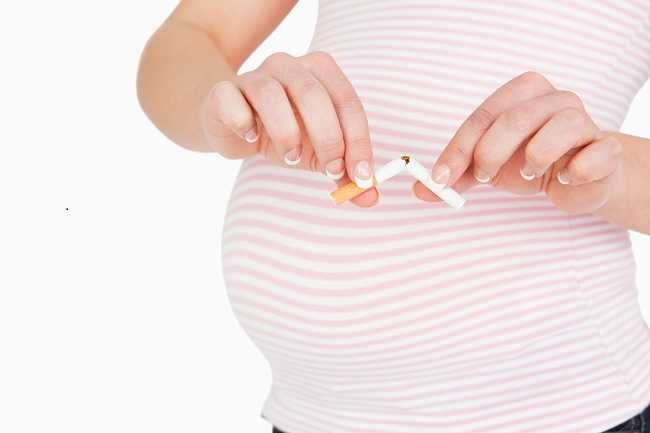Ibacterial infection Streptococcus pneumoniae, also called pneumococci, can happen to anyone. To reduce the risk of getting these infections, one way that can be done is to undergo PCV immunization.
The PCV immunization contains a pneumococcal vaccine, which protects the body from infection with pneumococcal bacteria. These infections can develop into serious and fatal conditions, such as pneumonia, septicemia (a type of blood poisoning), and meningitis. The worst possible outcome of a pneumococcal bacterial infection is permanent brain damage or even death.

Why is PCV Immunization Needed?
Given the dangers that can be caused by diseases caused by pneumococcal infection, PCV immunization is important. Moreover, the more types of bacteria Streptococcus pneumoniae which are resistant to antibiotics. The PCV vaccine is divided into two based on the patient's age group, namely:
- Adult vaccinePneumococcal polysaccharide (PPV) vaccine for those aged 65 years and over, and those at high risk of bacterial infection due to chronic disease. This type of vaccine can also be given to children older than 2 years, if they are at risk of developing pneumococcal infection.
- PCV immunization for childrenThe pneumococcal conjugate vaccine (PCV) is given to healthy children between the ages of 2 months and 5 years. This type of vaccine can prevent up to 13 types of bacteria Streptococcus pneumoniae.
Those Who Need PCV Immunization
PCV immunization is urgently needed by people who are susceptible to pneumococcal infection. Even if a bacterial infection Streptococcus pneumoniae It can affect anyone, but there are certain conditions that make a person more susceptible to this infection. Groups at high risk for infection are:
- People with chronic heart disease, including congestive heart failure and cardiomyopathy, lung disorders such as chronic bronchitis, chronic obstructive pulmonary disease (COPD), asthma, or emphysema, diabetes mellitus, chronic liver disease, alcoholism, and obesity brain and spinal fluid (cerebrospinal fluid).
- Children over two years of age and adults with splenic dysfunction (such as sickle cell disease) or lack of spleen function (asplenia), blood cancer (leukemia), multiple myeloma, kidney failure, organ transplant, or have a weak immune system, including people with HIV.
- People aged 65 years and over.
- People who want to undergo surgery to remove the spleen (splenectomy) or undergo treatment that suppresses the immune system (immunosuppressive therapy). In both cases, PCV immunization should be given two weeks before the procedure.
- Children and adults who are often exposed to secondhand smoke, or have infections of the respiratory tract.
- People who want to go to Saudi Arabia to perform Hajj and Umrah.
Although PCV immunization is recommended, there are several groups of people who should not undergo this immunization, namely people who are allergic to the contents of the PCV vaccine, pregnant women, or people who are experiencing fever.
In general, the side effects of this vaccine are the same as other vaccines, namely causing fever after immunization, rash, pain, and swelling at the injection site, or feeling tired. To get complete information regarding the PVC vaccine, you can consult a doctor at the nearest hospital.









